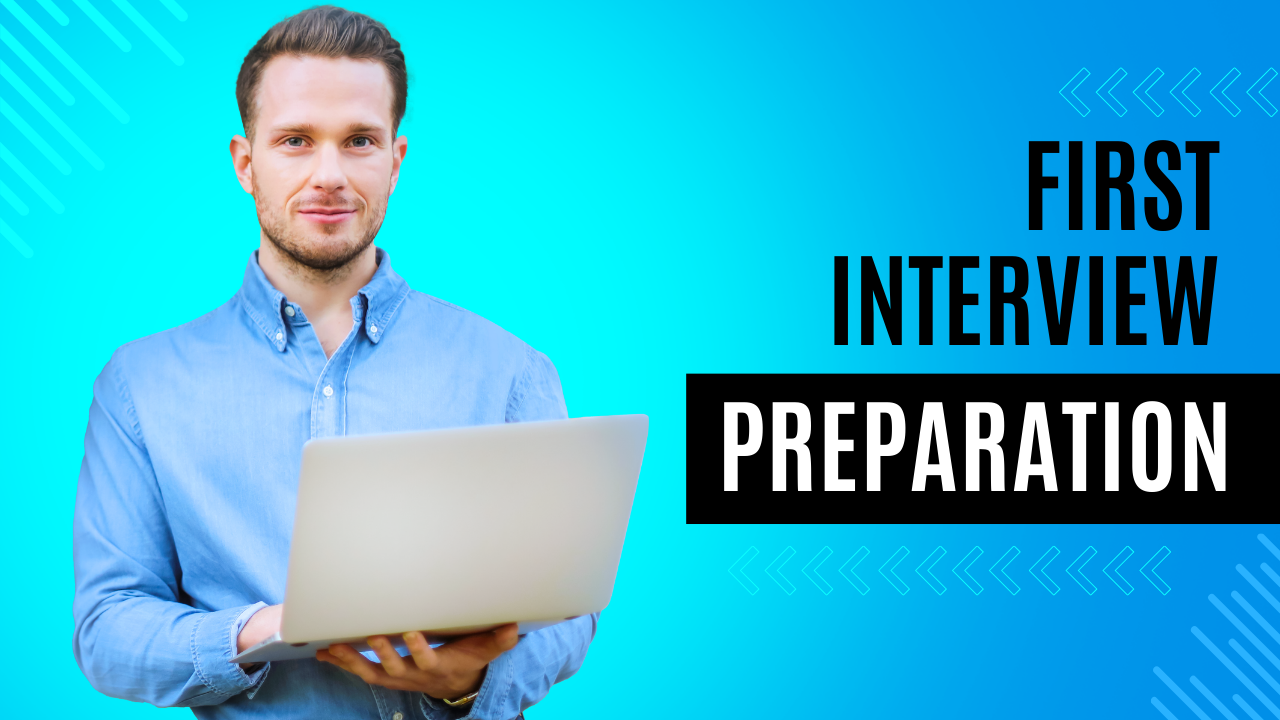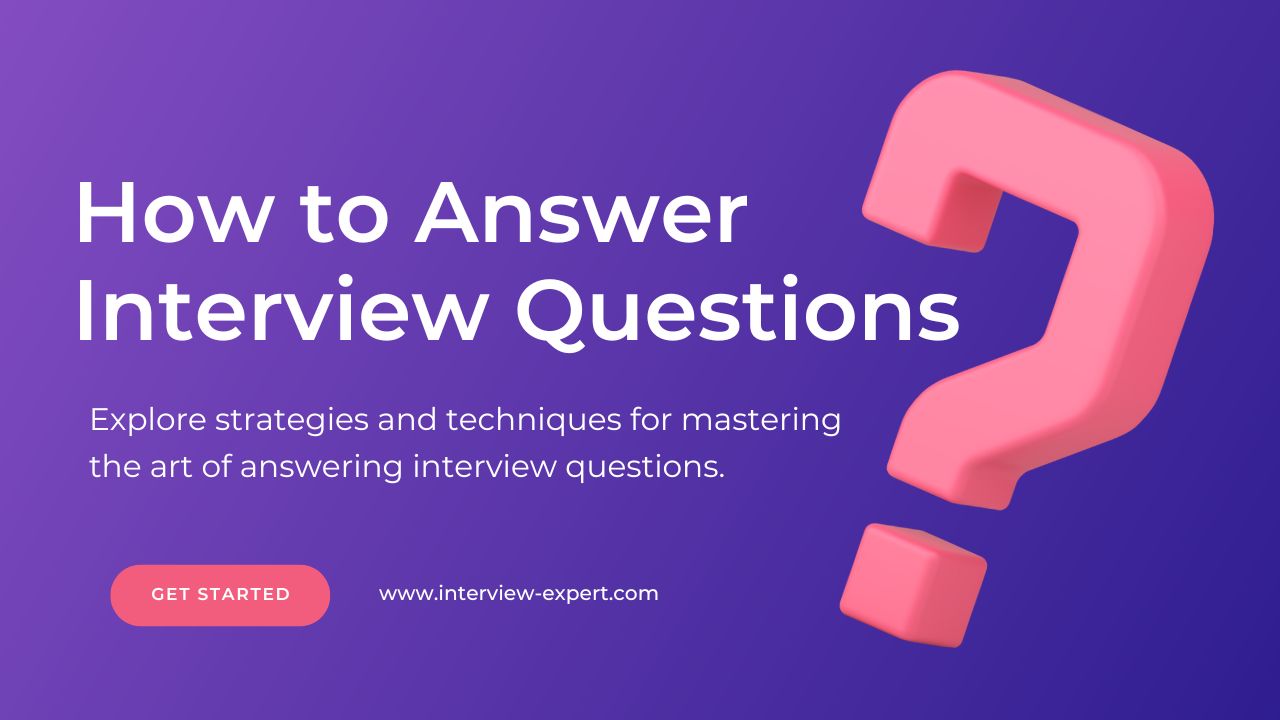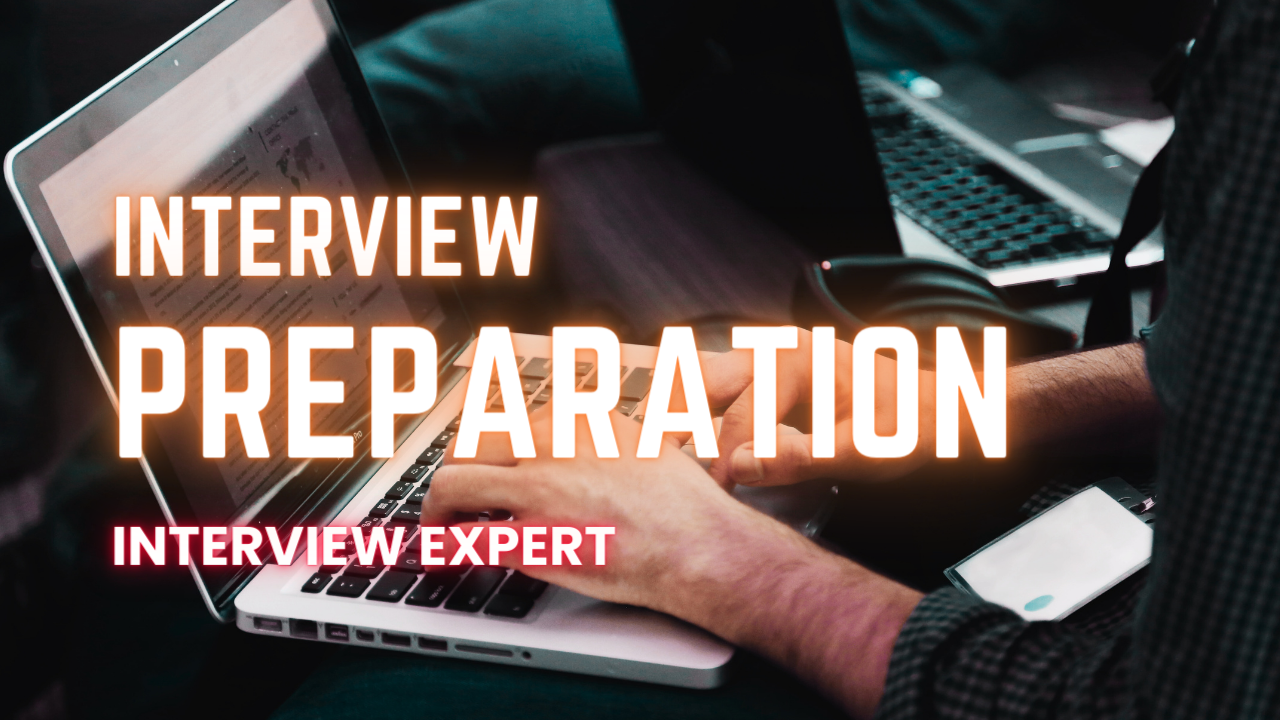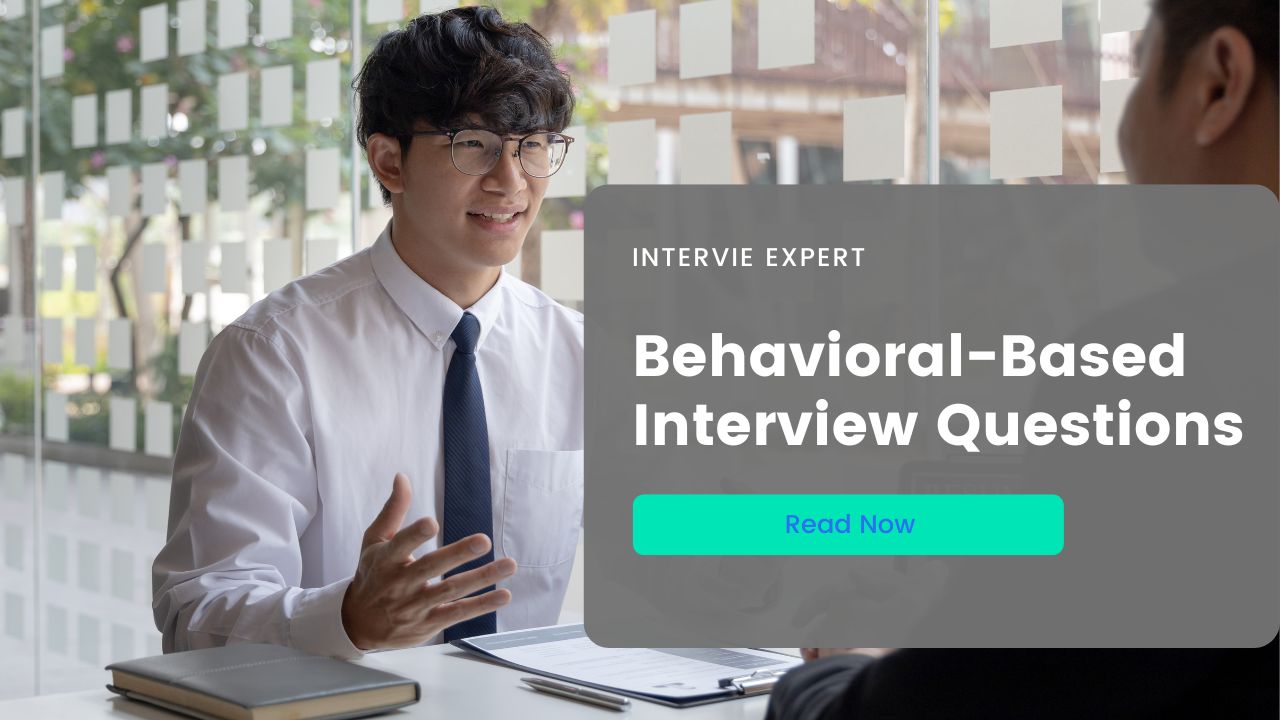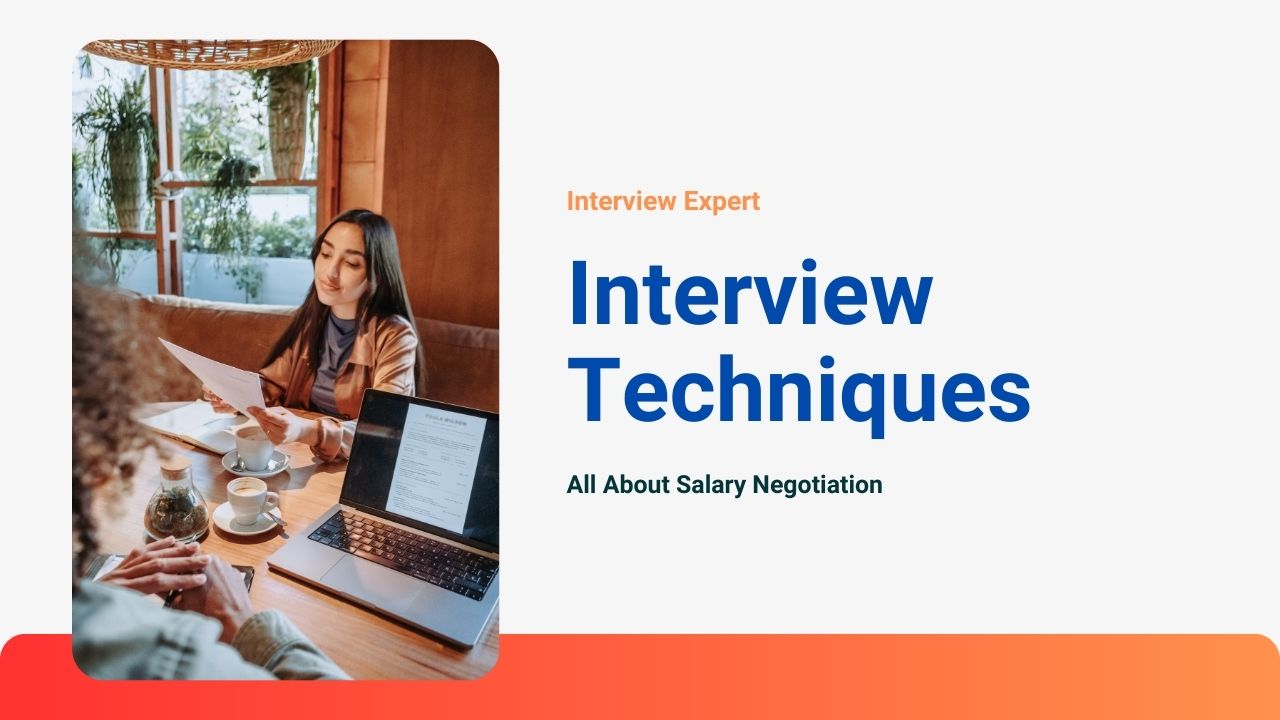Standing Out in a Sea of Applicants: Unique Strategies for Job Interview Success
Showcasing projects and portfolios during a job interview is a dynamic and effective strategy for candidates seeking to stand out in a competitive landscape. Candidates can create a lasting impression on interviewers by bringing accomplishments to life, demonstrating practical skills, facilitating interactive discussions, highlighting problem-solving abilities, and tailoring presentations to company values. This approach transforms interviews into collaborative conversations where candidates answer questions and actively demonstrate their value through tangible examples of their work. As the job market continues to evolve, the ability to present projects and portfolios becomes an invaluable skill for those aiming to elevate their candidacy and secure meaningful employment opportunities.
- Demonstrating Cultural Fit:
Companies often prioritize candidates who align with their values and culture. Research the company thoroughly and find ways to demonstrate how you would be a perfect fit. Discussing shared values or experiences can help you establish a connection with the interviewer and showcase your genuine interest in contributing to the organization’s success. In the contemporary professional landscape, where companies recognize the significance of organizational culture, job interviews have become more than assessments of skills and qualifications. Employers increasingly value candidates who possess the technical know-how and seamlessly integrate into the existing workplace culture. This blog delves into the importance of demonstrating cultural fit in job interviews, exploring strategies for candidates to convey their alignment with organizational values and foster a harmonious professional relationship. - Understanding Organizational Culture:
Organizational culture encompasses the shared values, beliefs, behaviors, and norms that define the work environment. Before a job interview, candidates should thoroughly research the company’s culture to gain insight into its values, mission, and working dynamics. This understanding is the foundation for effectively demonstrating cultural fit during the interview. - Showcasing Shared Values:
One of the key elements of cultural fit is shared values between the candidate and the organization. During the interview, candidates should highlight instances from their professional past that align with the company’s values. Whether through experiences in collaboration, innovation, or customer focus, emphasizing shared values helps create a connection with the interviewer and signals alignment with the organizational culture. - Embodying the Company’s Mission:
Companies often have a mission statement that encapsulates their overarching goals and aspirations. Candidates can demonstrate cultural fit by embodying the company’s mission in their responses. Aligning personal and professional objectives with the mission statement showcases a genuine interest in contributing to the organization’s goals and reflects a commitment to the company’s broader purpose. - Cultural Fit Questions:
Candidates can actively demonstrate cultural fit by asking targeted questions about the company’s culture during the interview. This conveys a genuine interest in understanding the work environment and allows candidates to align their responses with the cultural aspects that matter most to the organization. For example, asking about team collaboration or decision-making processes can reveal insights into cultural compatibility. - Narrating Cultural Adaptability:
Employers value candidates who can adapt to and thrive within different organizational cultures. Candidates should share anecdotes showcasing their ability to navigate diverse work environments successfully. Narrating experiences where they demonstrated flexibility, embraced change, or collaborated effectively with diverse teams underscores their cultural adaptability. - Observing and Mirroring:
During the interview, candidates can observe the interviewer’s communication style, demeanor, and preferences to align themselves with the existing culture subtly. Mirroring the interviewer’s tone and pace can create a sense of rapport and convey an understanding of the company’s communication norms. This approach demonstrates an ability to integrate seamlessly into the existing work culture. - Addressing Cultural Challenges:
Cultural fit isn’t just about shared values and navigating challenges and differences. Candidates can showcase their cultural fit by addressing potential cultural challenges directly. Discussing how they have overcome cultural differences in the past or adapted to new work environments demonstrates resilience, open-mindedness, and a proactive approach to fostering cultural harmony. - Asking Thoughtful and Impactful Questions:
Stand out by turning the tables and asking insightful questions that demonstrate your genuine interest in the company. Avoid generic queries and instead inquire about the organization’s future goals, challenges, and potential contributions. This showcases your strategic thinking and reinforces your enthusiasm for the role. Job interviews are not just an opportunity for employers to evaluate candidates; they also serve as a crucial moment for candidates to assess whether the company aligns with their career goals and values. Thoughtful and impactful questions during a job interview can demonstrate a candidate’s genuine interest, strategic thinking, and commitment to making informed career decisions. The following explores the importance of asking thoughtful questions, its impact on the interview process, and strategies for candidates to navigate this crucial aspect of the job interview. - Demonstrating Genuine Interest:
Asking thoughtful questions is a powerful way for candidates to signal their genuine interest in the company and the role. Employers appreciate well-prepared candidates for the interview and are curious about the organization’s culture, goals, and challenges. Thoughtful questions go beyond surface-level inquiries and reflect a genuine desire to understand the intricacies of the company. - Gaining Insight into Company Culture:
Candidates can use questions to gain valuable insights into the company’s culture and working environment. Inquiring about team dynamics, communication styles, or the company’s approach to employee development provides candidates with a better understanding of what it would be like to work within the organization. This information is crucial for assessing cultural fit. - Showcasing Strategic Thinking:
Thoughtful questions allow candidates to showcase their strategic thinking and problem-solving abilities. Instead of asking generic questions, candidates can tailor their inquiries to address specific challenges or opportunities within the company. This demonstrates that the candidate is interested in the role and thinks about how their skills and expertise can contribute to the company’s success. - Evaluating Career Growth Opportunities:
Candidates often seek roles that align with their long-term career goals. Asking questions about potential career growth within the organization, opportunities for skill development, or the company’s commitment to employee advancement provides candidates with insights into the trajectory of their professional journey. - Assessing Expectations and Performance Metrics:
Understanding performance expectations and key performance indicators (KPIs) is vital for success in any role. Candidates can ask thoughtful questions about the company’s expectations for the role, metrics for success, and how performance is evaluated. This helps candidates assess whether they align with the company’s standards and sets the stage for clear expectations if offered the position. - Clarifying Company Values and Vision:
Inquiring about the company’s values, vision, and long-term goals allows candidates to align their aspirations with the organization’s broader objectives. Candidates can explore how their values resonate with the company’s mission, creating a foundation for a meaningful and purposeful professional partnership. - Reflecting Confidence and Preparedness:
Asking thoughtful questions reflects a candidate’s confidence and preparedness for the interview. It shows that the candidate has thoroughly researched the company and considered the implications of joining the organization. This level of preparation not only impresses interviewers but also positions the candidate as someone who takes their career seriously.
Conclusion:
In the evolving landscape of job interviews, cultural fit has become a critical factor in hiring decisions. Demonstrating alignment with organizational values, embodying the company’s mission, asking insightful cultural fit questions, narrating cultural adaptability, observing and mirroring communication styles, and addressing cultural challenges are all strategies that candidates can employ to showcase their compatibility with the organization’s culture. By effectively conveying cultural fit, candidates increase their chances of securing the position and set the stage for a successful and harmonious professional journey within the organization.
Asking thoughtful and impactful questions in a job interview is a strategic and indispensable aspect of the hiring process. It allows candidates to demonstrate genuine interest, gain insights into company culture, showcase strategic thinking, evaluate career growth opportunities, assess expectations and performance metrics, clarify company values and vision, and reflect confidence and preparedness. Employing this art of inquiry enhances the candidate’s understanding of the prospective role and company and establishes a positive and engaging dialogue with the interviewers. Candidates who master the skill of asking thoughtful questions position themselves as active participants in the interview process and increase their likelihood of making informed decisions about their professional future.
In a competitive job market, standing out during a job interview requires a combination of traditional professionalism and innovative strategies. Crafting a compelling personal brand, showcasing tangible evidence of your work, utilizing creative presentation techniques, employing storytelling, demonstrating cultural fit, and asking thoughtful questions are all unique ways to make a lasting impression on potential employers. By incorporating these strategies, you can differentiate yourself from the competition and increase your chances of securing the desired job.
Let our interview experts help you stand out in your job interview. Check out our options at www.interview-expert.com and see how we can personalize interview coaching for your needs. Interview Expert has over 50 years combined experience assisting our customers with perfecting their interview skills. Hop on our website and see what options we have that may best suit your specific needs. We would love to help you get your dream job!


